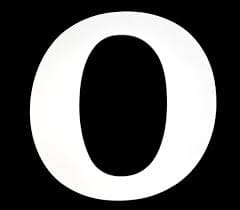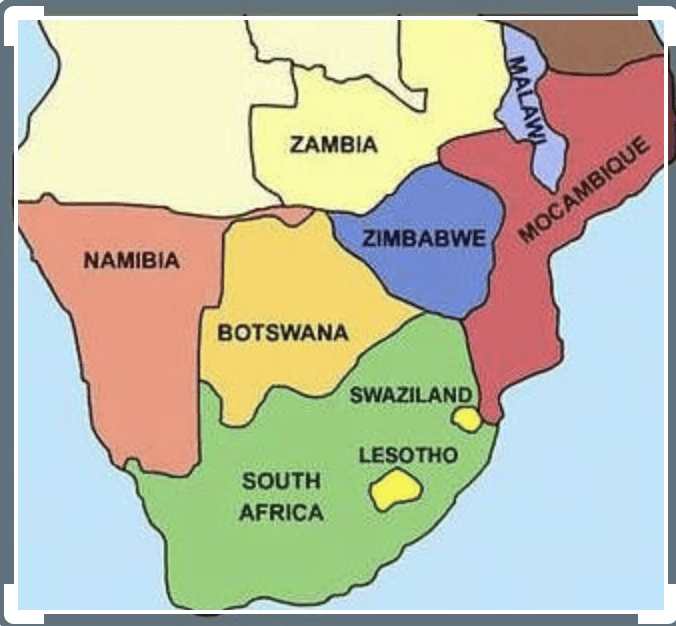Search Posts
Recent Posts
- Rhode Island Weekend Weather for April 20/21, 2024 – John Donnelly April 20, 2024
- Westerly to complete more resilient and people-friendly Main St. streetscape with $300K award April 20, 2024
- In the News… quick look for week ending April 20th April 20, 2024
- WaterFire scheduled announced for 2024 April 20, 2024
- Burn with Kearns: Ignite Your Transformation: Join the 90-Day Fitness Challenge! – Kevin Kearns April 20, 2024
Categories
Subscribe!
Thanks for subscribing! Please check your email for further instructions.

Omicron COVID-19 variant calls for nations “acting fast, early, hard and strong”
Omicron. It is the name chosen from the Greek alphabet to identify the latest strain (B.1.1.529) of concern of COVID-19. While there are cautions that the world not overreact, at first glance the variant identified in the South African region seems to be easier to transmit and its response to the vaccine is not yet known.
Variants in parts of the world with low vaccination rates are particularly troublesome. South Africa is estimated to have only 10-35% of their population vaccinated, yet they have been impacted only moderately from the COVID virus to this point.
The variant is seen as more transmissible because of its high number of mutations, over 50, more than has been seen before in new variants. Research into how effective current vaccines are, or if the will need to be tweaked, won’t be known for weeks. The variant is identifiable with current PCR tests.
According to London researchers, “the constellation of mutations on B.1.1.529 could be because it “evolved during a chronic infection of an immunocompromised person, possibly in an untreated HIV/AIDS patient”.
Stock markets fell worldwide spurred on by uncertainty of this new global threat.
How sick?
Clearly, the difference between getting this strain of the virus is night and day for those vaccinated, and those not. Dr Ulrich Elling, a molecular biologist at the Institute of Molecular Biotechnology in Vienna — a laboratory that specializes in sequencing the coronavirus and detecting new variants — said that the first estimates indicated the new variant “might be 500% more infectious than delta.”
In a positive statement, Elling says that Infections with the new variant are not necessarily more severe than infections with previous variants. But there are signs that the new variant spreads faster and that that may now put national health systems under a greater strain, faster.

The US response
Early yesterday Dr. Fauci said that it was too early to talk about travel bans without more data. But by the afternoon, and following the emergency meeting of the WHO, and all 27 countries in the EU’s announcement of a ban against travel to and from the area, the White House announced its ban of travel to and from Botswana, Zimbabwe, Namibia, Eswatini, Lesotho, Malawi, and Mozambique. While other countries’ bans went into immediate effect, the US ban will not take effect until Monday.
The variant has not been identified in the United States at this point.
Bans worldwide
The EU was the first. A committee of health experts “agreed on the need to activate the emergency break and impose temporary restriction on all travel into EU from southern Africa,” the Slovenia presidency of the EU said on Twitter. The first countries affected include Botswana, Eswatini, Lesotho, Mozambique, Namibia, South Africa, and Zimbabwe. South Africa denounced the imposition of travel restrictions, saying they are being penalized for being transparent, and the bans are “draconian”, with the ban being the strongest reaction, without support being offered to countries involved.
Thousands of travelers from this part of the world will likely be stranded. Several hundred people, mid-flight when the EU travel ban went into effect, some going to Amsterdam, are now waiting to be tested and possibly quarantined. 61 travelers to the Netherlands have tested positive for the new Omicron variant. There are people quarantined in hotels in Hong Kong and Belgium has cases identified.
Germany has declared South Africa as a “virus variant area” and airlines are only allowed to transport German nationals and permanent residents from the country – with 14 days of quarantine for vaccinated, unvaccinated or recovered.
Spain said South Africa will soon be added to the list of “virus variant areas”, and that all of these measures were “necessary, proactive and preventive,” asking anyone who traveled in the meantime to to stay at home, to take a test and to monitor themselves closely.”
Denmark announced it had temporarily banned non-essential travel to South Africa and several other African countries.
Greece has restricted travelers from the southern African region to only those with essential reasons and after negative testing.
Italy said it was banning entry to those who have been in South Africa, Lesotho, Botswana, Zimbabwe, Mozambique, Namibia or Eswatini in the past two weeks.
France has temporarily suspended flights from the region for 48 hours.
Czech Republic begins today and applies to third country citizens who spent more than 12 hours in the southern African region in the past two weeks.
United Kingdom has announced it will be suspending flights from the southern African region immediately.
Switzerland banned direct flights from South Africa and the surrounding region.
Russia is introducing restrictions on travel for foreigners from some African countries as well as Hong Kong.
Israel imposed a travel ban covering most of the African continent on Friday — expanding a ban that had previously applied to seven southern African nations. Full quarantines are being implemented for travelers coming home, along with mandatory PCR tests, saying they are “preparing for the worst” – “we are raising the red flag – now is the time to act fast, early, hard and strong”.
Saudi Arabia has suspended flights from the area.
In Asia, Singapore and Malaysia are also restricting arrivals from the region. All non-citizens without permanent residency who have traveled to the seven southern African countries will not be allowed to enter.
The Philippines will not allow travelers from South Africa, Botswana, Namibia, Zimbabwe, Lesotho, Eswatini, and Mozambique to enter the country until December 15.
Japan said it will require a 10-day quarantine for travelers.
Guatemala – the EU – Israel – Japan – Jordan – Malaysia – Phiippiness – Ssingapore – Swizerland, US, Canada, Rurkwey and Saudi Arabbia – banning travel from parts of Africa.
India has issued an alert for the new variant, but has not suspended travel. All international travelers coming to India from “at-risk” countries will be subjected to rigorous screening and testing,
Hong Kong said it would ban non-Hong Kong residents arriving from eight southern African states from entering the territory if they had stayed in those countries within the past 21 days.
Recommendations
The CDC recommends those who can get a booster should do so immediately – and those who can be vaccinated, but have not, should complete their vaccinations now. They also caution there is no reason to panic, but the importance of acting early if this is a new and more serious threat to health is there, until more data is collected. President Biden said from his Nantucket vacation location that everyone over 5 who can be vaccinated should and same for the booster shots – instead of talking about freedom, people should see this as their “patriotic responsibility”.
Just as with the current COVID-19 beginnings, once it has been identified, it is likely the new strain has been around for weeks and may already have spread beyond borders that travel bans can control. It was first discovered on November 11th in Botswana – all among those who were vaccinated.
Help for undeveloped, low-vaccinated countries around the world helps all the world
The need for developed countries to assist undeveloped countries with low vaccination rates, to help get greater numbers of people vaccinated is now more evident than before. The United States has taken the lead in providing aid to these countries. Until more people are vaccinated worldwide, the virus has the potential to continue to mutate and develop strains to “survive” – posing threats to the entire world. Seeing the virus as endemic – a disease regularly found among people such as the flu or other viruses – instead of pandemic may be where we are settling to going forward.
This is a developing story.
The Technical Advisory Group on SARS-CoV-2 Virus Evolution met today to review what is known about the #COVID19 variant B.1.1.529.
— World Health Organization (WHO) (@WHO) November 26, 2021
They advised WHO that it should be designated a Variant of Concern.
WHO has named it Omicron, in line with naming protocols https://t.co/bSbVas9yds pic.twitter.com/Gev1zIt1Ek
